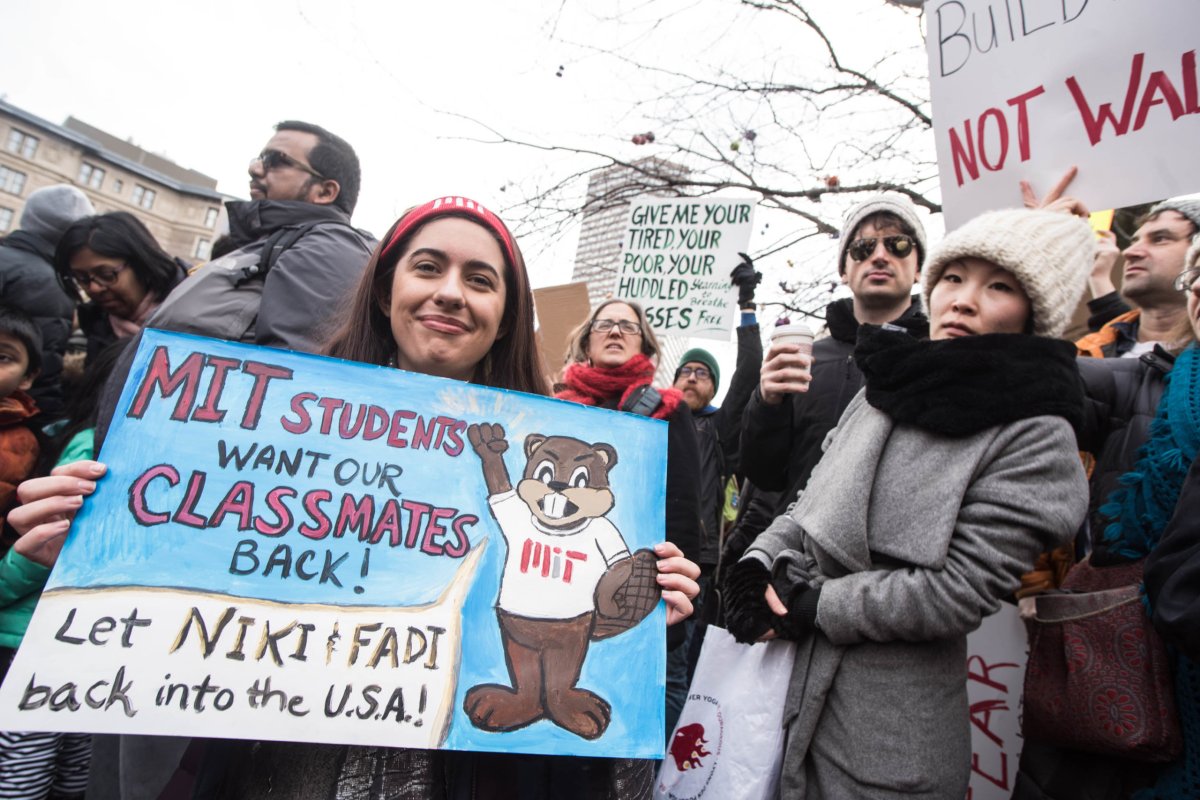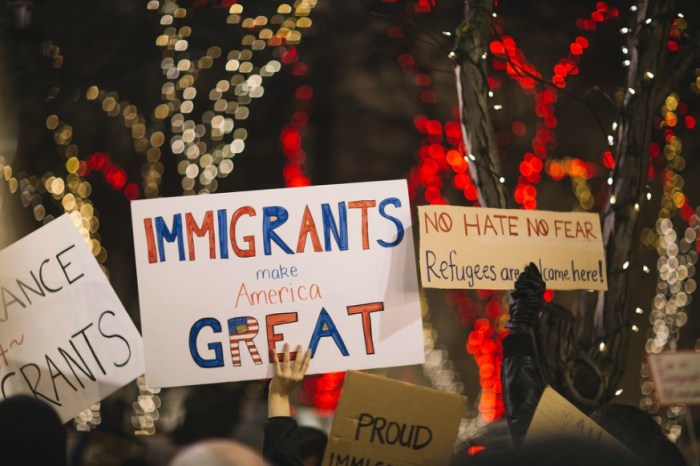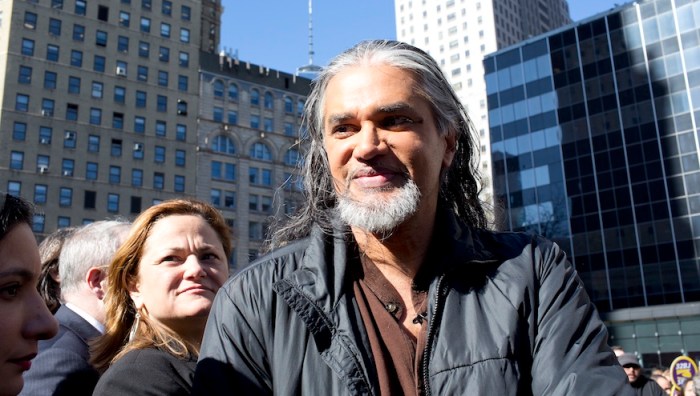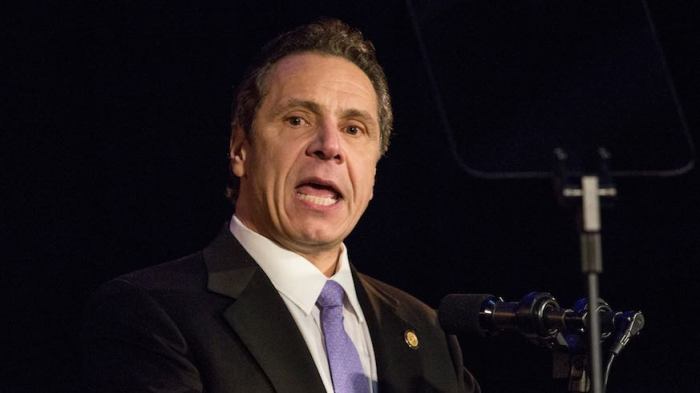It didn’t take long after President Donald Trump announced a temporary ban on certain immigrants that universities across the country began speaking out.
In a letter titled, “We Are All Harvard,” university president Drew Faust announced that the school was now looking to hire its first Muslim chaplain to provide guidance and support to students. “Thousands of students and scholars and visitors come to Harvard each year from all over the globe,” she wrote. Officials from colleges nationwide also responded to the ban, which restricts refugees and citizens from several predominantly Muslim countries from entering the U.S.
New York University President Andrew Hamilton shared his own immigrant story and assured the campus that the school will support “NYU colleagues and peers affected by this order.” Temple University President Richard M. Englert said that the school “prides itself on being a community of diverse scholars,” and pointed students who had questions to the office of International Student and Scholar Services. But as college officials begin to determine how they can best help students and faculty members who may be affected by the president’s executive order, some are growing increasingly worried about its long-term impact on higher education in the U.S. “Our intellectual enterprise has been built on the basic notion of this national ethos, this American idea of openness,” said Adil Najam, dean of Boston University’s Frederick S. Pardee School of Global Studies. “When the best and brightest start seeing that this is not a place that is welcoming, that on a whim a whole country will be written off, then they start thinking of alternatives.”
After Trump signed the order Friday, stories of college students and factulty members who had been affected quickly gained attention.
Two Iranian UMass Dartmouth professors were detained at Logan Airport and an MIT student who went back to Tehran to see her parents was stopped from boarding a flight to the U.S. When a City University of New York doctoral student was denied from reentering the U.S., it sparked rallies. “What we have to look at is the meta message being sent here, and the meta message is that foreigners aren’t welcome,” said Lizbet Boroughs, an official with the American Association of Universities. “That could put higher education at a distinct disadvantage, when we have countries saying, ‘We are more than happy to take whoever the U.S. doesn’t want to admit.'” The American Association of Universities released a statement following the ban that urges the Trump administration to make clear that the U.S. is open to those wishing to study, teach and research here. That international community is “vital to our economy,” the statement says.
Out of 350 Americans to have received a Nobel prize in research, more than 100 have been immigrants, Adil Najam of Boston University said. In addition to being a dean, Najam, who is Muslim and from Pakistan, is also a professor of international relations and earth and environment. He said he has “no doubt” that the refugee ban represents the first step for an administration he sees as increasingly hostile to certain kinds of immigrants. “Our students are better off because they can get the best professors from around the world … our conferences are better because the best research scholars come from all over,” he said. “I literally cannot visualize what U.S. higher education and research would be if, indeed, immigrants were taken away.”
Colleges fear long-term effects of Trump’s immigration orders

Derek Kouyoumjian/Metro

















